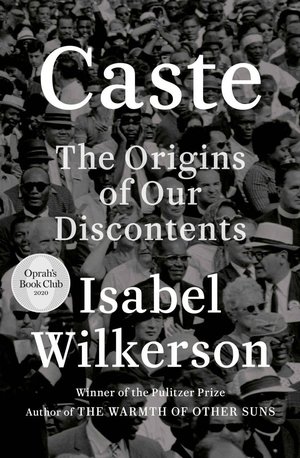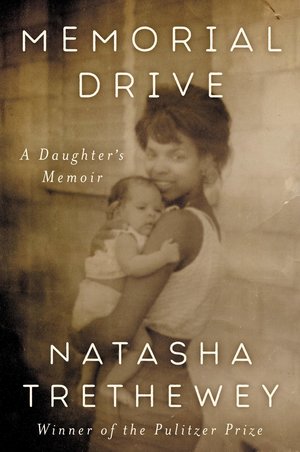
“What does it say to Black kids watching when the world’s biggest children’s entertainment company cannot give them even one animated film that features a Black person that stays a Black person throughout? What does this say about Blackness to kids who are not Black? About whose life is being portrayed as mattering? And whose does not?
This is how bias and harmful stereotypes are created and perpetuated in society. This is how whiteness protects whiteness and thus a system of white supremacy through media representation: by normalizing itself as human and othering Blackness through erasure and dehumanization. Whether conscious or unconscious, this bias and adherence to white supremacy and Black erasure and dehumanization is real and damaging.”
I’m honored to have my latest essay, on the lack of representations of Blackness in Disney animated media, at The Los Angeles Review of Books. Read more here.







